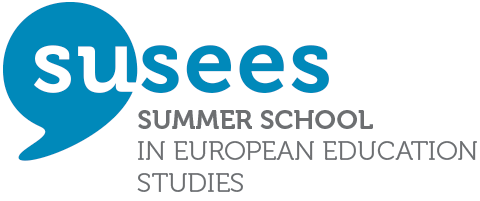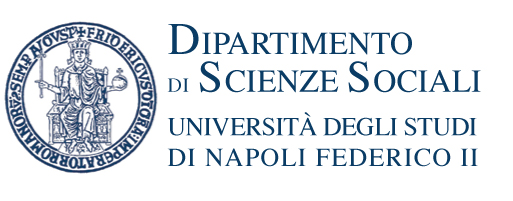Home › Forums › 2018 SUSEES Edition – Writing Groups › Peter Westman-Presentation and proposal
This topic contains 1 reply, has 1 voice, and was last updated by Peter Westman 6 years, 10 months ago.
-
AuthorPosts
-
25 June 2018 at 15:28 #922
2017: PhD in Education University of Wolverhampton
Dissertation: Digital Ethnographic Pedagogy: Method as Third Space2011: MSc in Digital Anthropology University College London
Dissertation: Playing with the Team: Communities of Practice in the Taking the Field Digital Storytelling Project2006: BA(Honours) in History Queen’s University (Canada)
I currently teach in the Department of Interpreting and Translation at the University of Bologna. My course focuses on critical media analysis, curation, and production for students on the Intercultural and Linguistic Mediation bachelor’s degree programme who have not previously studied English in higher education.
My paper will look at the potential for teaching critical media literacy to promote English Language acquisition. Digital media has the potential to convey a tremendous amount of linguistic information about discourse patterns and grammatical structures as well as clues about social interaction and values in particular communities. Language students that develop their media literacy skills can not only develop useful skills of communication and inquiry, but also enhance their understanding of social and cultural practices which can improve their access to the target language community. Students will often bring with them to the classroom their previous experiences of making meanings using digital tools and in digital environments, so there is a clear need for literacy provision to be better aligned with their practices in everyday life. This also means that teachers should attempt to harness the opportunity to build upon the language and cultural knowledge students bring with them from interacting with authentic media texts such as films, newspapers, and social media platforms. This paper will report on how the process of media analysis, curation, and production, utilizing authentic media texts, can be used to develop students’ media literacy skills. This refers to their ability to access, analyze, evaluate and create media in a variety of forms. It will discuss and connect the outcomes of an ethnographic documentary film-making project with two groups of further education ESOL learners in the UK with those
of a third-year English Language course for students studying for a degree in Intercultural Linguistic Mediation in Italy. Through an emphasis on media analysis, curation, and production, these students compared and evaluated various cultural issues such as representation, gender, and nationalism in major English-speaking countries (USA, UK, Australia) as well as linguistic differences between these countries. For the university course, other topics such as fake news, online advocacy, and education policy were also introduced to facilitate discussions around access, representation, and participation in media and higher education. This paper will also highlight how through working with different media sources, student are encouraged to consider the implications and potential challenges in communicating to different audiences and in different languages.25 June 2018 at 15:45 #923These two settings have presented several interesting methodological challenges, as the first location served as part of my doctoral research project. Therefore, in order to complete this paper, I will need to make explicit the respective contexts in which the research occurred in order to attempt to highlight the respective ‘conditions of possibility’ (Foucault) for effective pedagogic practice. In addition, I will also need to discuss how to best support language learners of different abilities and attempt to construct new tools/methods to assess learning (beyond learner surveys/interviews which may overemphasize learner satisfaction/dissatisfaction).
-
AuthorPosts
You must be logged in to reply to this topic.


